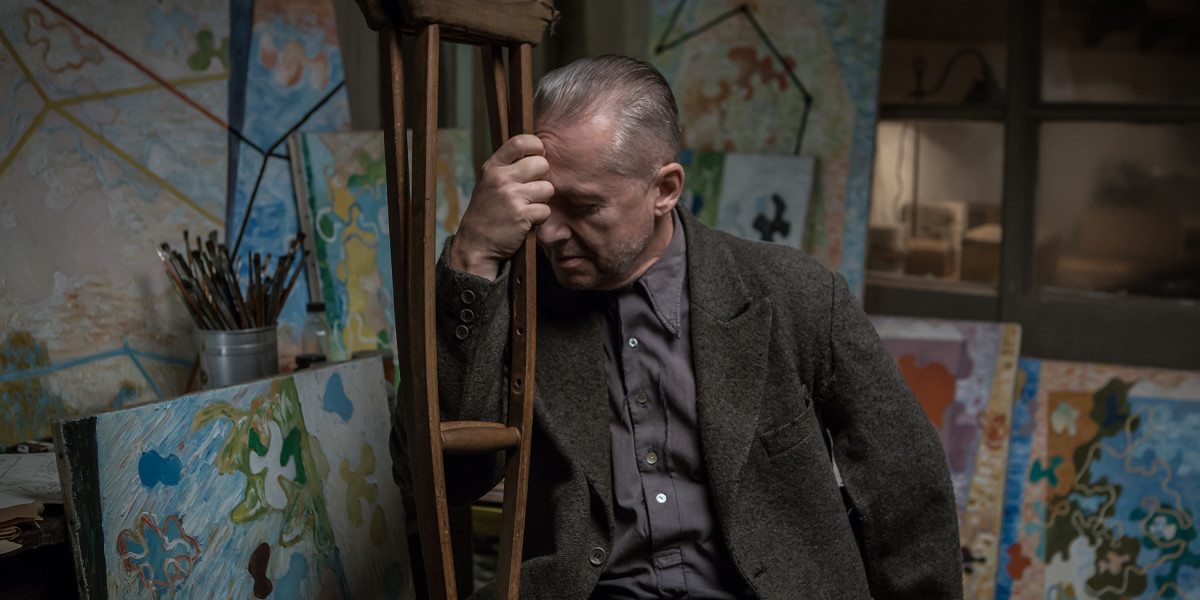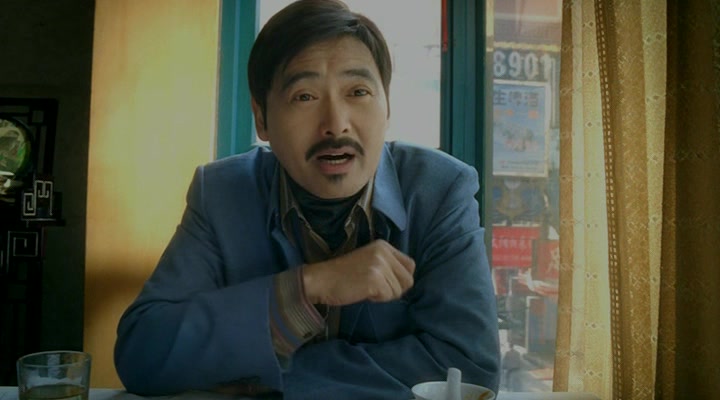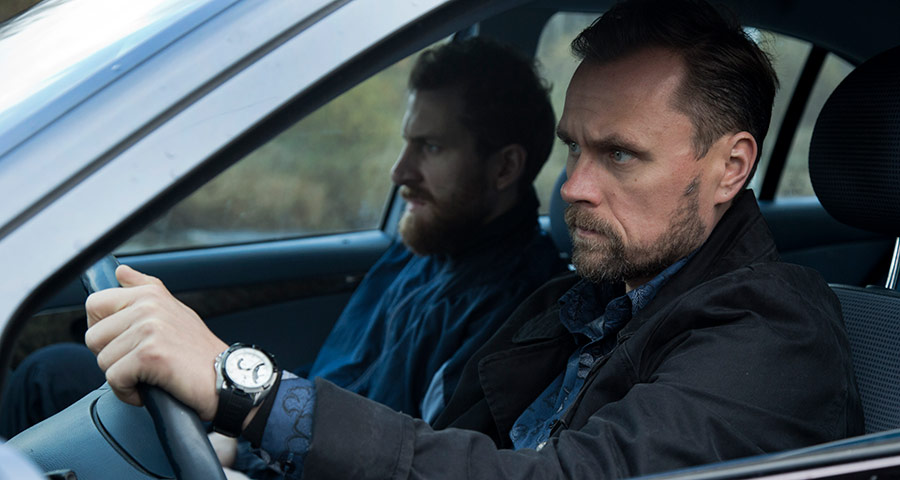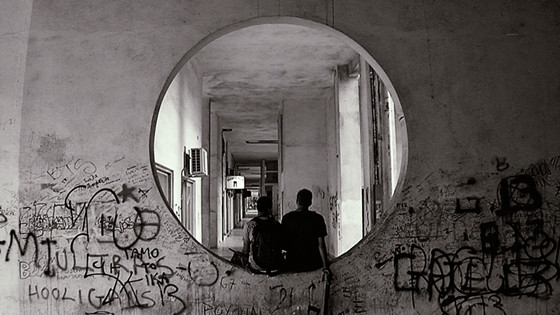5. Keyhole (2011)

Guy Maddin is one of the most provocative contemporary filmmakers. Without knowing his films’ context, one might mistake them to be silent era products. His more famous works, Brand Upon the Brain! A Remembrance in 12 Chapters (2006) and My Winnipeg (2007), received the Criterion Collection treatment.
His technique is vintage, the mostly black-and-white frames evoke strangeness and familiarity at the same time. Strangeness because of the films’ seeming detachment from contemporary life, familiar because their dreamlike quality recalls some deeply buried images from our collective subconscious.
Keyhole is his lesser-seen film. Blending genres such as film noir, horror, and the epic, it takes place within a single house. Its claustrophobia is haunting. The plot is rather ambiguous. The viewing experience may not be the most pleasurable of his works. However, it is—as hinted by the protagonist’s name, Ulysses Pick—an odyssey into the dark rooms of the human mind.
This atmospheric film is thus a unique experience unto itself. Not everyone is going to like it, but no one would deny its overt individuality. Maddin’s special treat is at least greatly interesting, if not a great film.
4. Afterimage (2016)

Andrzej Wajda, best known for the Underground trilogy (A Generation (1954), Kanal (1956), Ashes and Diamonds (1958)), released his last film in 2016. Returning to his life-long theme of Polish history, the film explores the painter Wladyslaw Strzeminski’s resistance against Social Realism—the dominant artistic style of Poland’s communist government.
As always, Wajda depicts the rebel with affinity and an honest heart. Like his Underground trilogy, Afterimage expounds the nobility of fighting for freedom and the spirit of solidarity. The characters in this film are ultimately united by the belief and love in art—perhaps echoing Wajda’s own belief in his art’s power—to critique the status-quo and reaffirm human dignity.
The film also benefits from great cinematography. The cinematographer Pawel Edelman, whose work includes Roman Polanski’s The Ghost Writer, presents this film with low-toned colors, transporting the audience to twentieth century Poland.
Afterimage is the last statement of the Polish cinematic grandmaster, putting together a love for art and life. For this reason alone, it is worth your time.
3. The Postmodern Life of My Aunt (2006)

Postmodernism may evoke for the reader an image of incomprehensibility. The Postmodern Life of my Aunt cannot be more contrary to such a conception: it is both a heart-warming tragic-comedy and an intellectual achievement comparable to the early works of Italo Calvino or Samuel Beckett.
Set in Shanghai and Liaoning, the film follows a woman in her sixties. It explores the fragility of human relationships and the family bond by depicting journeys of deception and belonging. The seemingly absurd plot is something only to be experienced through the film, and better not be told.
The simple choreography and concise direction make the film flows elegantly. The extraordinary actings by the cast allow the bizarre drama to be moving and believable. In particular, Siqin Gaowa’s performance layers complex emotions and drives the plot along seamlessly.
Winning Best Film in the Hong Kong Film Critics Society Awards, the film deserves more international attention. Also, the director, Ann Hui, made another great film, Tou Ze (2011), which is worth the time too.
2. Prosta historia o morderstwie (2016)

Prosta historia o morderstwie (translated unofficially as A Simple Story about Murder) is one of the best-made thrillers of 2016. The film is about a young Polish police officer’s tense relationship with his father, and when the father dies, how he deals with the situation.
The film is deeper than its surface. While presenting itself as a normal crime feature without much overt experimentation, it uncovers the concerns of human nature, parental relationship, and justice, using common genre conventions.
Sometimes the film feels like a Denis Villeneuve thriller. In particular, the director Arkadiusz Jakubik seems to favor lingering shots on empty objects, such as a wall in the opening scene, thereby hinting the hidden mystery or emotion beyond the frame. The Hitchcockian influence of voyeuristic filmmaking is also evident in the shots framed through windows, integrating the great thriller tradition into this little-known Polish work.
As of the time of writing, there are only 103 ratings for this film on IMDb. It has only been released in Poland, and it did not win any major film awards. Indeed, this extremely well-executed movie deserves much more attention.
Yes, its pacing can seem a bit rushed at times, and the story may seem to some viewers as somewhat repulsive. Although this film is not perfect, it has great conceptual depth and emotional intensity rarely seen in the cinema today, anywhere in the world. In truth, seek out this work and prepare to spend a thrilling 90 minutes, and let it provoke your thoughts.
1. Tungsten (2011)

This black-and-white drama is a portrait of modern Athens’ urban decay. Reminiscent of Italian neorealist films made after World War II, Tungsten paints the human condition with poverty, violence, and madness. The utterly plausible, quotidian plot has a powerful impact.
The audience can find the counterparts of the film’s characters in their day-to-day lives. The desire for human connections, the daily strife for bread, to pay off debts, to live and find happiness—these are integral elements in the writer-director Giorgos Georgopoulos’ vision of contemporary Greece.
This film can easily be compared to Pier Paolo Pasolini’s first film, the late neorealist Accattone (1961). It asks: in the face of economic hardship, how does the individual react? Georgopoulos does not offer a solution, but he patiently reveals reality with a painter-like attention to detail.
The cinematographer, Andronikos Karakatsanis, creates the film’s look as alienating and intimate at the same time. The Bergman-esque detachment from events allows the audience to observe human sufferings unfold, while the intimate subject matter calls for sympathy.
This is a great movie. However, it is not an easy watch. This is the stuff made of great turmoil and real sorrows.
Author Bio: Alvin Chung is an aspiring writer and filmmaker. He studies Media and Communications, Philosophy, and Economics at the University of Sydney.